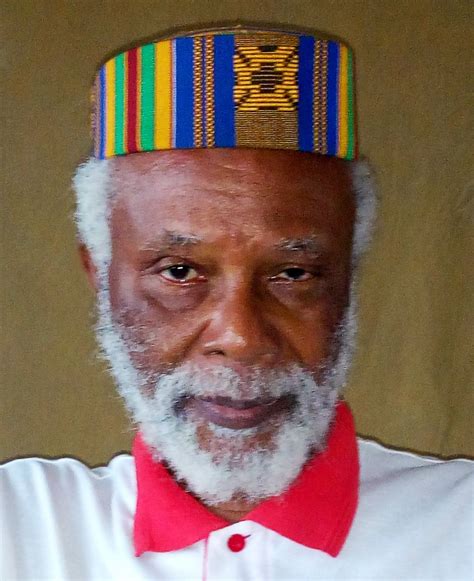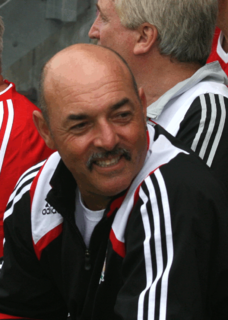A Quote by Jared Diamond
The southward advance of native African farmers with Central African crops halted in Natal, beyond which Central African crops couldn't grow - with enormous consequences for the recent history of South Africa.
Related Quotes
One of the things that made the Black Muslim movement grow was its emphasis upon things African. This was the secret to the growth of the Black Muslim movement. African blood, African origin, African culture, African ties. And you'd be surprised - we discovered that deep within the subconscious of the black man in this country, he is still more African than he is American.
It is considered in England and the United States that the Government of South Africa is altogether too harsh with its native peoples. It is sadly humorous to notice that the native in South Africa, however, holds an exactly reverse opinion and the fault he finds with the South African Government is that it is far too lenient in its administration of laws throughout the native populace.
We do not have a South African as a member of the African Commission. The President of the Commission comes from Mali, the Deputy comes from Rwanda and then we have got all these other members, ordinary commissioners. There is no South African there. And the reason, again, for that is not because we didn't have South Africans who are competent.
A number of African countries came to us and said, we request that South Africa should not field a candidate, because so many other African countries wanted to, and, in any case, South Africa would continue to play a role in terms of building the African Union, and so on. And they actually said, please don't field a candidate, and we didn't. As I have said, it is not because we didn't have people who are competent to serve in these positions.
The central objective in decolonising the African mind is to overthrow the authority which alien traditions exercise over the African. This demands the dismantling of white supremacist beliefs, and the structures which uphold them, in every area of African life. It must be stressed, however, that decolonisation does not mean ignorance of foreign traditions; it simply means denial of their authority and withdrawal of allegiance from them.
I started as an engineer. I migrated to philosophy and international politics. And I did my studies about African - Africa democracy and democratization in Africa, taking Kenya as a model. And then, while I was doing so in 1996 in South Africa, Al Jazeera was established. So they requested me to be an analyst on African affairs.
































